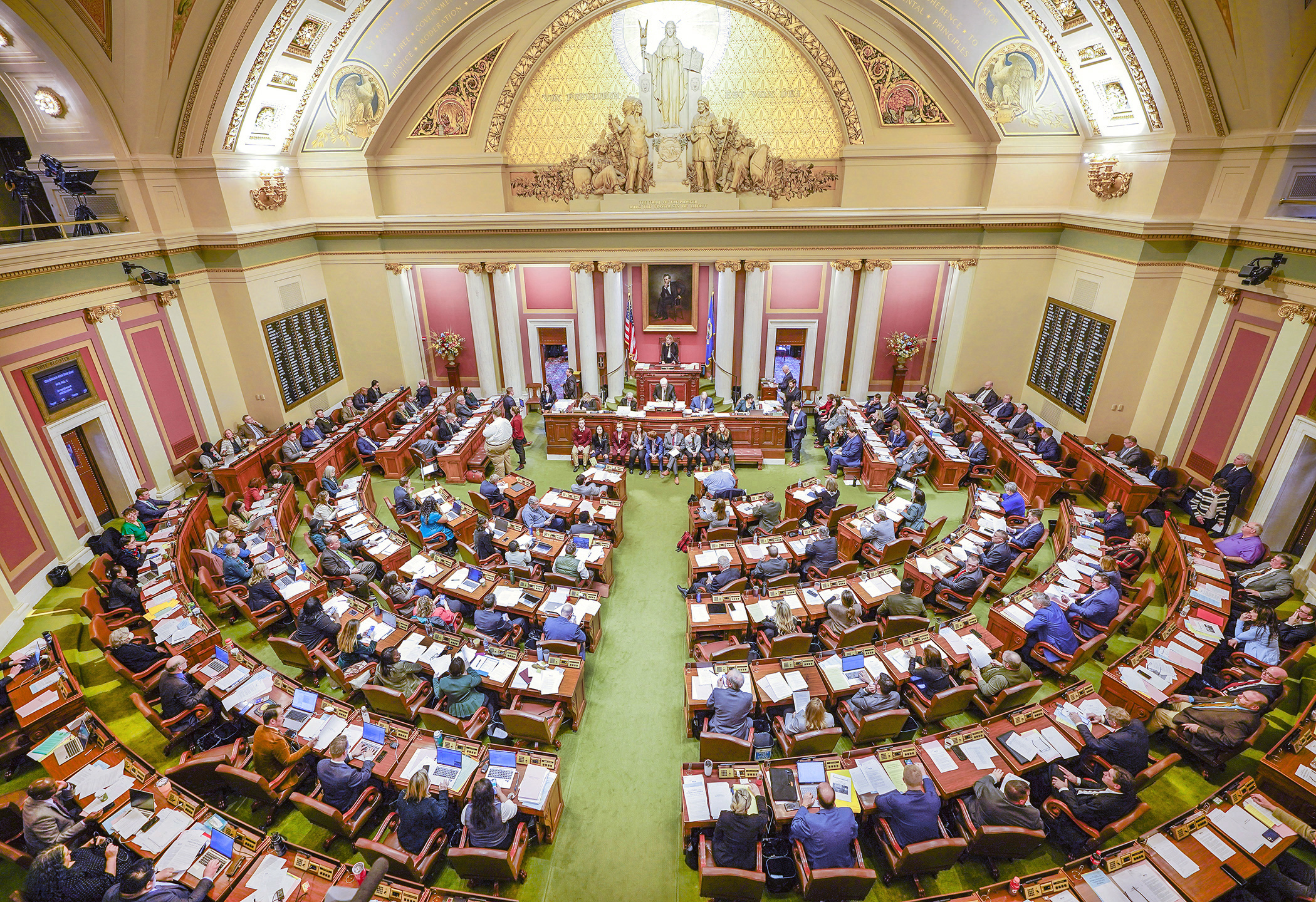House OKs bill asking voters to reauthorize lottery proceeds benefiting environmental trust fund

Minnesotans could be asked if they want to reauthorize a constitutional amendment allocating 40% of state lottery proceeds to the Environment and Natural Resources Trust Fund.
Sponsored by Rep. Athena Hollins (DFL-St. Paul), HF1900 was passed 87-41 by the House Thursday and sent to the Senate.
Per the bill, voters would see the following question on the 2024 ballot: "Shall the Minnesota Constitution be amended to protect drinking water sources and the water quality of lakes, rivers, and streams; conserve wildlife habitat and natural areas; improve air quality; and expand access to parks and trails by extending the transfer of proceeds from the state-operated lottery to the environment and natural resources trust fund, and to dedicate the proceeds for these purposes?”
Current authorization is scheduled to expire in 2025; the extension would move that to 2050.
Since voters first approved the fund in 1988, a percentage of lottery proceeds have gone toward the environment – a chief reason the loon is on the lottery’s logo, Hollins told the House Rules and Legislative Administration Committee May 5.
Since 1991, about $700 million has funded 1,700 projects as recommended by the Legislative-Citizen Commission on Minnesota Resources
The goal is to safeguard long-term funding for the environment against short-term thinking, said Rep. Sydney Jordan (DFL-Mpls). She said trust fund dollars have been used to protect wetlands, lakes, forests, prairies and natural areas. “They protect our ability to use and enjoy the great outdoors.”
About $80 million from the trust fund is now distributed per biennium, but the bill would increase the allowable spending from 5.5% to 7% of the fund’s value.
The bill would also create a community grant program funded with 1.5% of the trust fund’s value — estimated at more than $20 million. The goal is to open trust fund dollars to organizations that don’t have resources to navigate the current grant process. Projects in areas that have been traditionally overburdened or underserved would be given priority.
Rep. Paul Torkelson (R-Hanska) successfully offered an amendment to clarify there wouldn’t be subgrants and unsuccessfully offered an amendment that would specify programs must provide measurable positive outcomes for the environment.
Related Articles
Search Session Daily
Advanced Search OptionsPriority Dailies
Speaker Emerita Melissa Hortman, husband killed in attack
By HPIS Staff House Speaker Emerita Melissa Hortman (DFL-Brooklyn Park) and her husband, Mark, were fatally shot in their home early Saturday morning.
Gov. Tim Walz announced the news dur...
House Speaker Emerita Melissa Hortman (DFL-Brooklyn Park) and her husband, Mark, were fatally shot in their home early Saturday morning.
Gov. Tim Walz announced the news dur...
Lawmakers deliver budget bills to governor's desk in one-day special session
By Mike Cook About that talk of needing all 21 hours left in a legislative day to complete a special session?
House members were more than up to the challenge Monday. Beginning at 10 a.m...
About that talk of needing all 21 hours left in a legislative day to complete a special session?
House members were more than up to the challenge Monday. Beginning at 10 a.m...